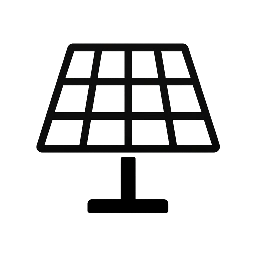In recent events, the Syrian government has once again come under scrutiny for allegedly using chemical weapons. This time, the accusations stem from incidents reported in Idlib, a region already fraught with conflict and suffering. International monitors are investigating these new claims, Banjir69, Banjir69 login aiming to uncover the truth behind the deployment of banned chemical agents.
History of Chemical Weapon Use in Syria
The use of chemical weapons in Syria is not a novel issue. Since the civil war broke out in 2011, there have been multiple allegations and documented instances where chemical agents were reportedly deployed. The most significant incident occurred in Ghouta in 2013, where hundreds of civilians perished due to sarin gas exposure. Despite ongoing international condemnation and investigations, these brutal tactics continue to surface, raising serious concerns about the effectiveness of global regulatory mechanisms and the overall human rights situation in Syria.
Current Allegations in Idlib
Idlib, a stronghold of opposition forces and home to many displaced Syrians, has been the center of intense military operations. Recent claims suggest that the Syrian government has resorted to using chemical weapons yet again, despite numerous warnings and sanctions. International monitors, including those from the United Nations and Organization for the Prohibition of Chemical Weapons (OPCW), are actively probing these reports. Eyewitness accounts and initial findings indicate the possible use of chlorine gas and other toxic chemicals, which have devastating effects on human health and violate international law.
Impact on Civilians and Public Response
The repercussions of chemical weapon use in Idlib are dire. Civilians, who already endure constant bombardment and the impacts of prolonged warfare, face even greater peril. Toxic chemicals cause severe respiratory issues, skin burns, and can be fatal in large doses. The humanitarian crisis escalates as medical facilities, often ill-equipped and overwhelmed, struggle to cope with the influx of affected individuals.
Public reaction has been one of outrage and despair. The international community, including various NGOs and human rights organizations, has condemned these actions vehemently. Campaigns for stronger intervention and accountability are gaining momentum. Social media platforms and news outlets are buzzing with calls to action, urging world leaders to take decisive measures to prevent further atrocities.
The Role of International Monitors and Future Outlook
International monitors play a crucial role in documenting and verifying the use of chemical weapons. Their investigations are pivotal in holding perpetrators accountable and fostering global awareness. In Idlib, these monitors face significant challenges, including restricted access and potential risks to their safety. Nevertheless, their work is indispensable in the quest for justice and transparency.
Looking forward, the situation in Syria remains volatile. The need for sustained international pressure and diplomatic efforts is more pressing than ever. Ensuring adherence to treaties like the Chemical Weapons Convention and imposing stringent sanctions on violators could potentially deter future use of these inhumane weapons. Collaborative efforts among nations and organizations might pave the way for a more secure and peaceful environment for Syrians.
Conclusion
The allegations against the Syrian government regarding chemical weapon use in Idlib are alarming and demand immediate attention. As international monitors delve deeper into these claims, the global community must amplify its efforts to enforce accountability and deliver aid to affected civilians. Through collective action and unwavering commitment, the path toward resolving such grievous violations and restoring human dignity can be pursued.

Leave a Reply